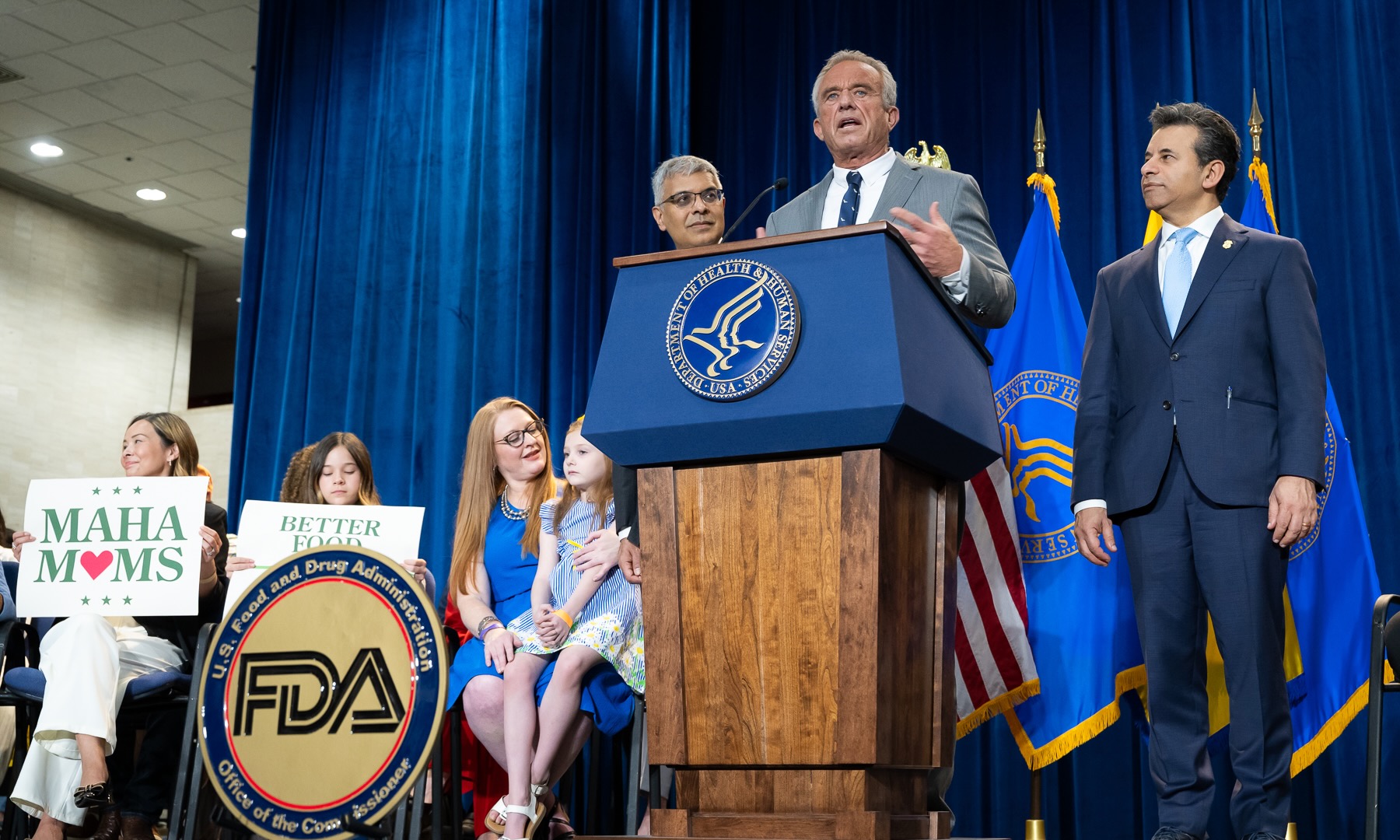Across the healthcare system, patients increasingly find themselves caught in a web of delays and denials when they most need timely intervention. Among the most concerning situations is when individuals who require major surgeries, such as spinal procedures, encounter barriers that prevent them from accessing essential care. For many, this reality is not only frustrating but life-altering, as untreated conditions often worsen over time, leading to prolonged pain and deteriorating quality of life.
When a patient is told that their recommended surgery will not be covered or authorized, the emotional and physical toll can be immense. These denials frequently stem from insurance policies, prior authorization processes, and cost-control measures, all of which have become standard practice in modern healthcare systems. While these measures are often justified as necessary to curb unnecessary spending, they also raise critical questions about patient safety and timely access to treatment.
Spinal surgery, in particular, represents a significant example of this growing problem. Conditions that require such procedures are often severe and debilitating, impacting mobility, nerve function, and overall well-being. When medical experts deem surgery essential, one would expect the process to move forward without delay. Yet, in reality, patients are increasingly being told to try extended periods of conservative treatments such as physical therapy, pain medication, or injections before surgery can even be considered. While these approaches can help in some cases, they are not a solution for everyone and can prolong suffering unnecessarily.
Doctors have voiced strong concerns about this trend, warning that the denial or postponement of surgeries can lead to irreversible damage. In cases involving the spine, delayed treatment may result in nerve compression, chronic pain syndromes, and permanent disability. For healthcare professionals dedicated to improving patient outcomes, witnessing these delays can be deeply troubling, as they often see firsthand the consequences of inaction.
One of the major factors driving these denials is the process of prior authorization. Insurance companies require extensive documentation before approving costly procedures, a step intended to ensure that surgery is truly necessary. However, many physicians argue that these requirements are excessive and undermine their medical judgment. They point out that the decision-making power shifts away from clinical experts and into the hands of administrators who may not have the full picture of a patient’s condition.
The ripple effects of these denials extend beyond individual patients. Families, caregivers, and even employers feel the impact when someone is unable to work or participate fully in daily activities because they cannot access timely care. Productivity declines, mental health suffers, and healthcare costs can ultimately rise because untreated conditions often become more complex and expensive over time.
Adding to the frustration is the fact that denials are not always based on lack of necessity. In many cases, insurers cite guidelines or internal policies that prioritize cost containment over patient preference or physician recommendation. This raises ethical concerns about the balance between financial responsibility and patient-centered care. While controlling healthcare costs is important, doing so at the expense of essential treatments can erode trust in the system and create barriers that compromise health outcomes.
Individuals who find themselves in this predicament frequently encounter significant challenges in trying to contest decisions, compile further documentation, and reapply for authorization. The bureaucracy involved is both lengthy and mentally exhausting, more so for those already dealing with intense discomfort or restricted movement. Consequently, some eventually surrender, accepting the reality of enduring persistent illnesses that might have been alleviated with prompt treatment.
Medical associations and advocacy organizations have initiated a demand for changes in the way these choices are made. They contend that the procedures for obtaining prior approvals should be simplified, and that medical expertise should play a more significant role in deciding the care that patients receive. Transparency and accountability in insurance decision processes are also crucial to avoid needless distress. For patients, being provided with understandable justifications and consistent timelines for approvals may alleviate some of the stress linked to anticipating necessary treatments.
Technological advancements could play a role in addressing this issue as well. Automated systems for processing prior authorizations, when implemented thoughtfully, have the potential to reduce delays. Additionally, better alignment between insurance policies and evidence-based clinical guidelines could minimize unnecessary disputes. However, these changes require cooperation among healthcare providers, insurers, and regulators to ensure that reforms truly prioritize patient well-being.
The refusal of essential operations such as spinal surgeries highlights a more significant issue in balancing financial management with humane treatment. Although measures to control expenses are reasonable during times of escalating healthcare costs, they should not compromise prompt care for those requiring it. Every postponement signifies not merely an administrative obstacle but a person who is enduring pain, doubt, and anxiety about their future.
The legitimacy of the healthcare system relies on its capability to efficiently and fairly cater to patients. Rejections that hinder or postpone crucial surgeries compromise that objective and cause broader repercussions beyond just the affected cases. Tackling this concern demands decisive actions to rebuild trust, strengthen the role of healthcare professionals, and guarantee that monetary factors never take precedence over the fundamental purpose of medicine: to cure and avoid inflicting harm.
As conversations around healthcare reform continue, it is critical to keep patient stories at the center of the debate. Behind every statistic or policy discussion is a person whose life could be transformed by timely intervention. For those waiting in pain, the question is not whether reform is necessary but how soon it will come—and whether the system can evolve quickly enough to prevent more lives from being placed on hold.




